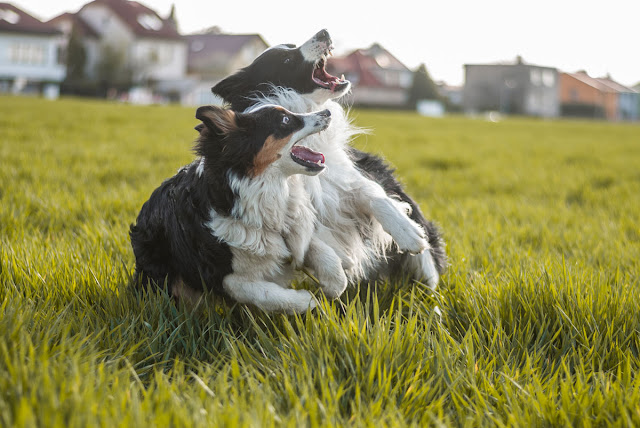Saying the Same Thing Over and Over in Dog Training

Not “Sit, Sit, Sit” but “Rewards are the best way to train your dog…” Phot: Medenka Nera/Shutterstock By Zazie Todd PhD This page contains affiliate links which means I may earn a commission on qualifying purchases at no cost to you. Do you ever feel like you are saying the same thing over and over again? Do you ever think about whether or not it’s useful? I’m not talking about those times when you see someone repeating a cue to their dog over and over while the dog keeps on doing something else. That’s not a good idea because the dog is simply learning to ignore you. (Instead, say the cue like “Sit” once, then wait, and the instant your dog sits give them a tasty treat as a reward). I’m talking about training methods. Repetition on dog training methods It’s important to use reward-based methods to train your dog because there are risks to aversive methods ( positive punishment and negative reinforcement ). Plus, reward-based training can be a fun enrichment activity that improves yo...


